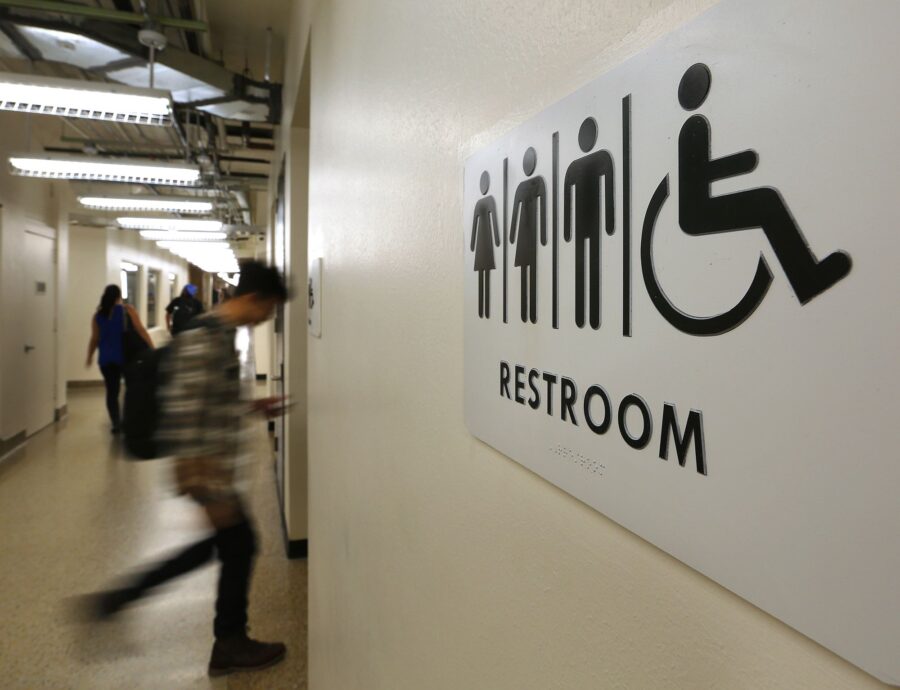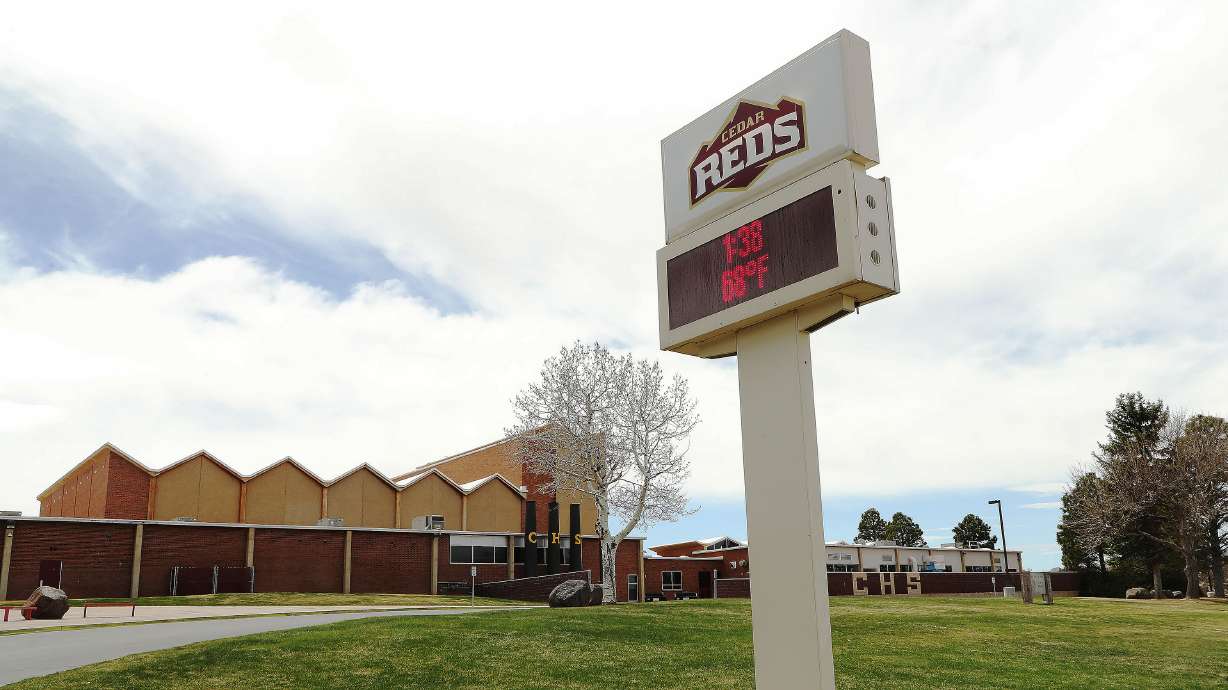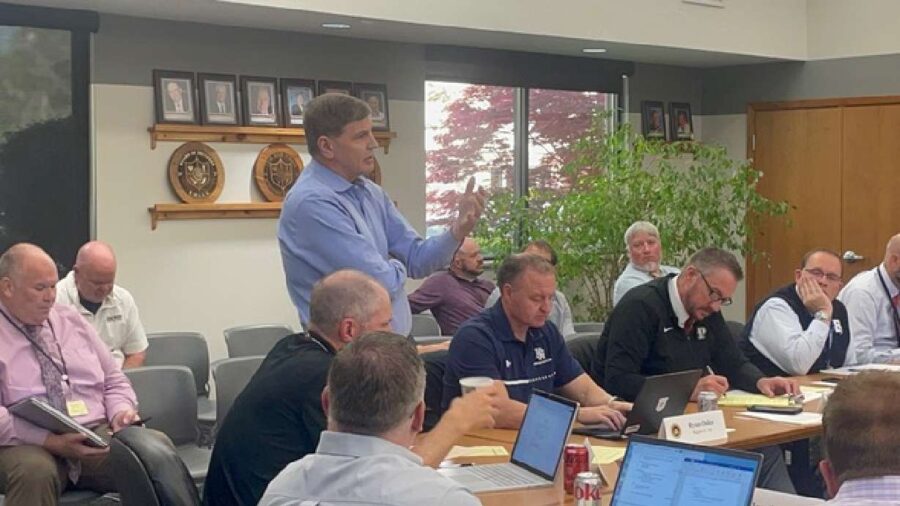Hearing packed for education vouchers bill on Capitol Hill
Jan 19, 2023, 7:49 PM | Updated: 8:55 pm
SALT LAKE CITY — A packed hearing on Capitol Hill Thursday afternoon centered around a bill that would give Utah teachers a raise and allow families to apply for education vouchers for students. While no one is arguing with boosting teacher salaries, the vouchers are proving to be a tougher sell– with some education organizations adamantly against the program.
HB0215, sponsored by Rep. Candice Pierucci, R-Riverton, would give teachers about a $6,000 raise. Pierucci explained during Thursday’s House Education Committee hearing that about $4,200 of that would come in the form of a salary increase, and around $1,800 in benefits.
The vouchers would be part of the Utah Fits All Scholarship Program, where a parent or guardian could apply for an $8,000 scholarship for their child to cover things like textbooks, education software, private school tuition.
Forty-two million dollars of new education money would be allocated for that program. Pierucci said it could be awarded to as many as 5,000 students. She said they’re not taking away from current existing education funds that have already been allocated.
Pierucci said it could help students with whatever learning experience fits them best, whether it be through micro-schooling, homeschooling, or private school.
“It could go to curriculum purchases, it could go to textbooks, it could go to a private school tuition, it could go to a hybrid model where they do part-time at a private school, part-time at home,” Rep. Pierucci explained. “There are really quite a lot of opportunities in this for parents to help their kids.”
She said the program would prioritize middle and lower-income family applications first.
Many who spoke in support of HB215 during the hearing said it would help disadvantaged students and those falling through the cracks. Some talked about seeing benefits to children who are homeschooled.
Others praised the idea that children could find a learning experience that suits their needs, rather than a “one-size-fits-all” approach.
Organizations, including New Leaders for America, Utah PTA, and Utah Education Association (UEA), spoke against the bill citing a list of reasons— namely the impact they believe it could have on the public education system.
Many questioned the fact that the government program could be used to send funds into private schools.
“When we are taking away scarce resources from public education and giving it to, or subsidizing, private schools– then we are creating opportunity gaps for our public education students,” Renée Pinkney, UEA President, said.
She said they don’t have a fully funded public education system as it is when 90% of students attend public schools.
“If we had a fully funded public education system, then we would be able to meet the needs of all of our students. And we have never been given the opportunity to do that,” she said.
Pinkney described the opportunities for different learning experiences available in the public education system now, from charter schools to online classes. She said they have open boundaries, so if a school is not at capacity, then students can go out of their district to attend a different school.
“There are just so many other opportunities that already exist that we believe that our public schools should be the priority in this case,” she said. “And, we should make sure that our educators are getting what they need in order to meet the needs of all of our students.”
A lot of discussion at Thursday’s hearing centered around whether raises and vouchers should even be in the same bill.
Some said they don’t like that two are tied together. Pinkney said UEA believes the two issues should be separated and be debated on their own merit. “We don’t think there should be strings attached in the form of vouchers to an increase in salary for educators,” she said.
Pierucci said she included them in both in HB0215 because she believed it was important for teachers to feel valued and students to have more options with their education experience.
She said last year when she ran a bill that was just the scholarship program, people said teachers didn’t feel supported.
“In no way is this a silver bullet. This isn’t going to fix everything,” Pierucci said. “But I do think it’s moving us in the direction of having a more student-focused learning experience and seeing what we can do to help our public schools react and be more flexible to the needs of students.”
The House Education Committee passed HB0215 out of committee, and it now moves to the House Floor for debate.














